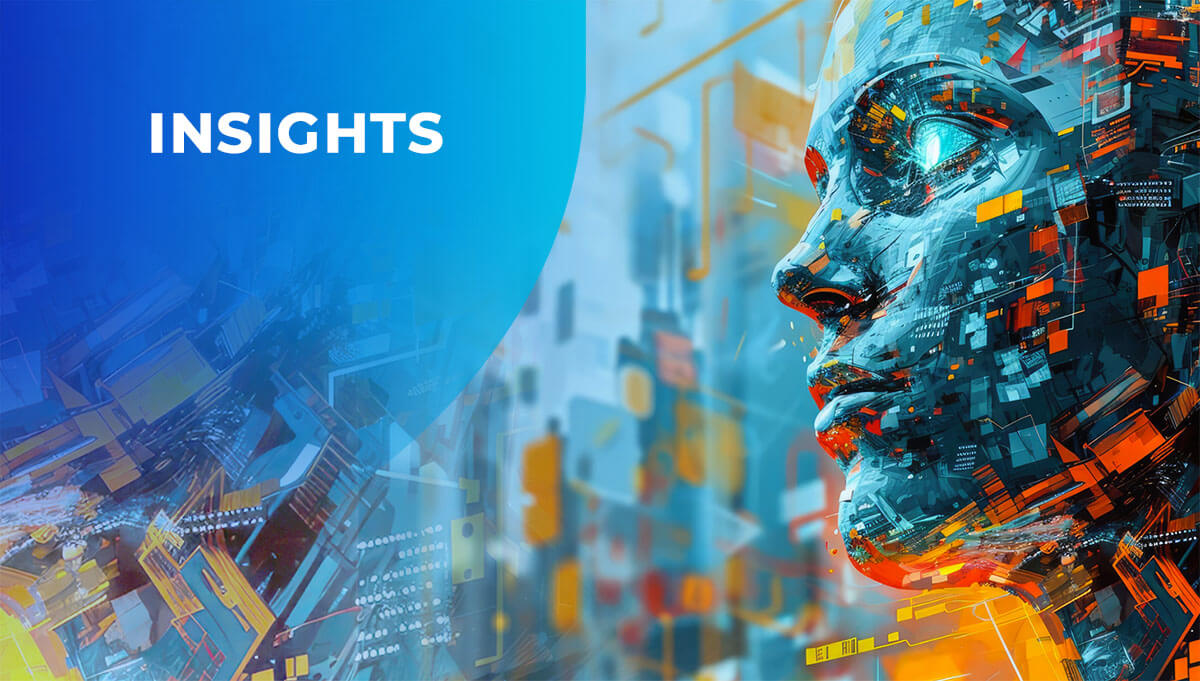The complex problems of AI in centralized systems
The ongoing development of artificial intelligence poses increasingly complex problems in centralized systems. These issues are highly relevant in the digital world:
- Compliance with data protection and protection of privacy
- Liability in the event of errors and damage
- Social impact of reduced freedom of choice
- Vulnerability of centralized AI systems to manipulation
- Consequences of ethical and legal violations
- Sustainability concerns due to energy-intensive AI data centers
- Monopolization as an obstacle to innovation and diversity
Compliance with data protection and protection of privacy
At the heart of concerns about centralized AI is data protection and privacy. These systems collect vast amounts of data, and the question arises as to how this data is protected and who can access it. The processing of personal or sensitive data exacerbates these ethical issues, as the potential for misuse or unauthorized access poses significant risks to the rights and freedoms of individuals.
Liability in the event of errors and damage
In addition, liability within centralized AI remains unclear, making it difficult to determine accountability in the event of errors or damage caused by AI systems (Kumar, 2018. The lack of clear delineation regarding the roles and responsibilities of developers, operators and users further complicates this matter and leaves a gap in accountability structures. Additionally, the increasing autonomy granted to AI systems increases concerns about the extent of human agency in the decision-making process.
Social impact of reduced freedom of choice
As machines take on more decision-making powers, the societal impact of diminished individual choice will be profound. Therefore, careful consideration of their impact on individuals and communities is required (Laitinen, Arto & Sahlgren, Otto, 2021).
Vulnerability of centralized AI systems to manipulation
The vulnerability of centralized AI systems to manipulation poses a significant challenge (Polepole, 2024). Autonomous AI systems could carry out harmful actions if manipulated, whether through external hacking or internal data manipulation (Rana, Jawad Saeed, 2024). The opacity inherent in the decision-making processes of centralized AI exacerbates this risk, as it is difficult to track errors or inappropriate behavior. This undermines trust in the technology and its providers.
Consequences of ethical and legal violations
The centralized use of AI is also overshadowed by ethical and legal challenges. AI algorithms trained on unbiased data sets can avoid discrimination and unethical decision-making behavior. This is particularly important in contexts such as hiring practices or political processes (West, Darrell M, 2018). The legal and regulatory landscape surrounding the use of AI adds another layer of complexity, as potential violations can result in legal consequences. This is because many users of CCI tools are unaware of the legal and regulatory framework and may be in violation of laws or regulations as a result (Kohn, Dr. Benedikt & Schumann, Maximilian, 2021).
Sustainability concerns due to energy-intensive AI data centers
There are sustainability concerns, as the energy-intensive nature of centralized AI data centers puts a strain on the environment. The increasing energy requirements of centralized systems, along with the pressure to combat climate change, underline the urgency for more sustainable alternatives (Naughton, John, 2023).
Monopolization is an obstacle to innovation and diversity
The centralization of AI systems favors monopolization and is an obstacle to innovation and diversity. Centralized control over large language models by a few selected entities inhibits competition and hinders the emergence of new ideas and solutions (van Rijmenam, Dr. Mark, 2023). There is also a risk of cybercrime as AI models and data are vulnerable to attack due to the centralized nature of AI pipelines.
Intelligent innovation – decentralized AI as the key to success
In response to these pressing challenges, decentralized or distributed AI (DKI) is proving to be a viable solution. DKI uses principles such as federated learning and swarm intelligence to overcome the weaknesses of centralized AI systems.
Federated learning protects data privacy
Federated learning preserves and prioritizes data privacy by training locally on devices without centralized data aggregation. This decentralized approach, which is powered by blockchain technology, making hacking and counterfeiting more difficult, not only improves privacy and security, but also promotes a more transparent and responsible data ecosystem. Users can decide who can access their data and what data they make available, simultaneously contributing to the training of AI models (BigID, 2024) and thus promoting a fairer and more effective data ecosystem (Dyer, Charles A, 2023).
Self-control via Stigmergy
Swarm intelligence enables decentralized systems to self-organize and adapt without centralized control. This process is known as stigmergy and allows users to retain control over their data and AI models, which promotes autonomy and mitigates the risks associated with centralized decision-making (Gill, Dr. Jagreet Kaur, 2023).
Distribution of computing tasks increases efficiency
In addition, DKI has greater scalability, resilience and real-time processing capacity compared to centralized AI systems. By distributing computing tasks across multiple nodes instead of a single location, DKI improves robustness and efficiency and enables the seamless management of large-scale AI applications (Clanx, 2024). DKI’s focus on transparency and accountability is in line with ethical principles and enables democratized access to AI tools and resources while strengthening trust and integrity.
Improving accountability through blockchain technology
The integration of blockchain technology further improves accountability as every decision and action is logged by AI systems (Rudolf, Aaron, 2023). This technology enables transactions to be secure and transparent, eliminating the need for intermediaries, or brokers, and providing real-time access to data
Decentralized architectures optimize energy requirements. Data monopolies are being broken up.
Sustainability is an important issue, as decentralized architectures optimize energy consumption and promote environmentally friendly technological development (Bron, Daniel, 2023). Distributing computing resources across multiple nodes to run complex applications enables more efficient use of resources is enabled prevents overloading of central component as tasks are distributed across multiple nodes. This means that no single or few central units have to carry the entire processing load. Distribution can also reduce the energy consumption per unit. In addition, participants in decentralized systems have the opportunity to contribute their own resources. This can lead to renewable energy sources such as solar energy or wind energy being used to support operations (Content Team, Sonnen GmbH, 2018).



